Premium Only Content
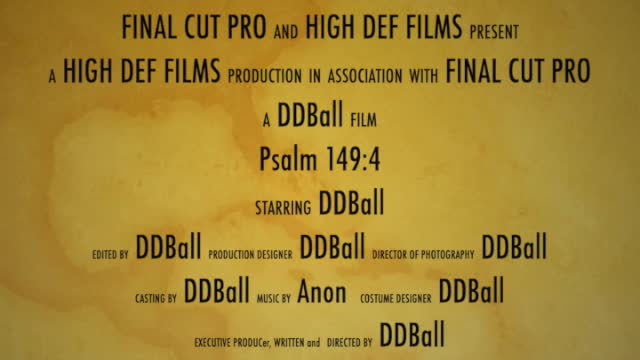
Bible Quote Aug 9th Psalm 149:4
“For the LORD takes delight in his people; he crowns the humble with victory.” Psalm 149:4
===
Psalm 149 is a song of praise.
Via Wikipedia
"Psalm 149 shares the first line with Psalm 98, known as Cantate Domino. Both Psalm 149 and 98 call to praise God in music and dance, because he has chosen his people and helped them to victory. Psalm 149 also calls to be ready to fight, with "swords sharpened on both sides in their hands". The end of the psalm has been interpreted differently by commentators. Augustine of Hippo wrote that the phrase of the sword has a "mystical meaning", dividing temporal and eternal things. James L. Mays comments: "There is an eschatological, almost apocalyptic, dimension to the psalm's anticipation of a warfare of the faithful that will settle the conflict of the kingdoms of this world and the kingdom of God".
Citing verses 5 and 6, the Talmud (Berakhot 5) says the praises said by the pious on their beds refer to the recital of the Bedtime Shema. The Shema is like a "double-edged sword" that can destroy both inner and outer demons and evil spirits.This image of a double-edged sword also refers to Israel's power of praises of God, which enable them to avenge themselves against the nations that persecuted them when the nations receive their punishment at the end of days"
Also from Wikipedia on music
"With an incipit about singing, the psalm and especially its first line has often been set to music, in various languages. Heinrich Schütz published a composition of its beginning in Latin, "Cantate Domino canticum novum", in 1625 in his Cantiones sacrae as SWV 81, scored for four voices and basso continuo. He set the psalm in German, titled Die heilige Gemeine (The holy congregation) as part of the Becker Psalter, as SWV 254. Johann Sebastian Bach set the beginning to open his cantata for New Year's Day, Singet dem Herrn ein neues Lied, BWV 190, for 1 January 1724, and composed a motet which uses the first three verses and other texts, Singet dem Herrn ein neues Lied, BWV 225, around 1727. Jean-Joseph de Mondonville set the psalm as a motet, one of his nine grand motets, in 1734. Antonín Dvořák set the complete psalm for mixed choir and orchestra, as his Op. 79. Bernard Rose set the psalm in English as Praise ye the Lord for unaccompanied double choir in 1949. Philip James set it for choir in 1956. Raymond Wilding-White set the psalm for two sopranos, violin and viola.
Hymns paraphrasing Psalm 149 or taking inspiration from the psalm include "I sing the mighty power of God", "Let all the world in every corner sing", "Lord of the Dance", "Praise the Lord, sing Hallelujah", "Songs of praise the angels sang", and "We sing the mighty power of God""
AUAWN0809121
http://storiesthatheal.blogspot.com/2016/08/bible-quote-aug-9th-psalm-1494.html
-
 4:59
4:59
oDDBall daily bible quotes
1 month agoHasten to Your Light Psalm 119:60
612 -
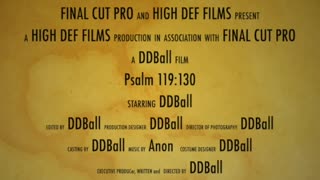 1:16
1:16
oDDBall daily bible quotes
4 years agoBible Quote Aug 6th Psalm 119:130
63 -
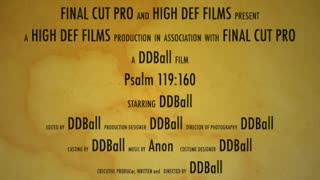 1:20
1:20
oDDBall daily bible quotes
4 years agoBible Quote Aug 7th Psalm 119:160
58 -
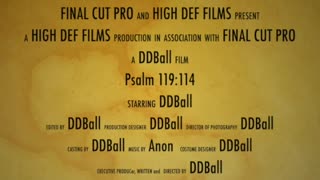 1:23
1:23
oDDBall daily bible quotes
4 years agoBible Quote Aug 2nd Psalm 119:114
36 -
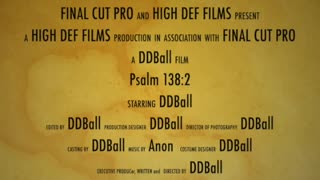 0:43
0:43
oDDBall daily bible quotes
4 years agoBible Quote Jul 9th Psalm 138:2
44 -
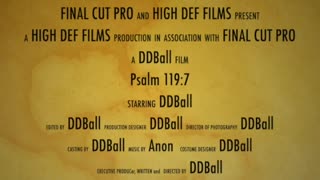 0:44
0:44
oDDBall daily bible quotes
4 years agoBible Quote Jul 19th Psalm 119:7
45 -
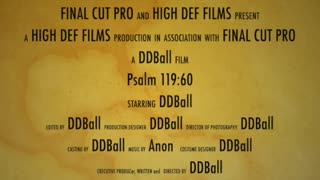 1:25
1:25
oDDBall daily bible quotes
4 years agoBible Quote Jul 26th Psalm 119:60
31 -
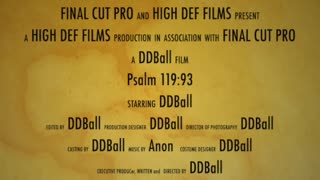 1:18
1:18
oDDBall daily bible quotes
4 years agoBible Quote Jul 30th Psalm 119:93
63 -
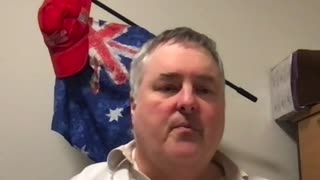 1:36
1:36
oDDBall daily bible quotes
4 years agoBible Quote Jul 22nd Psalm 119:30
30 -
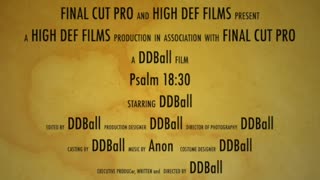 0:41
0:41
oDDBall daily bible quotes
4 years agoBible Quote Jul 8th Psalm 18:30
38